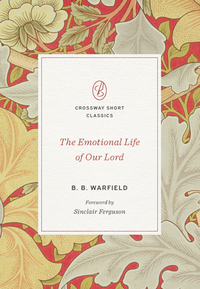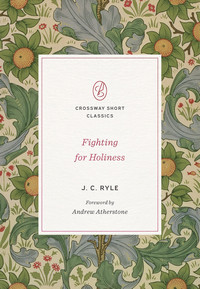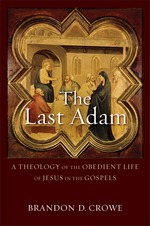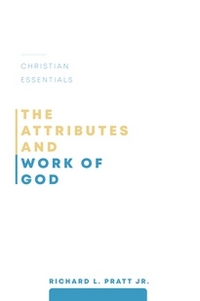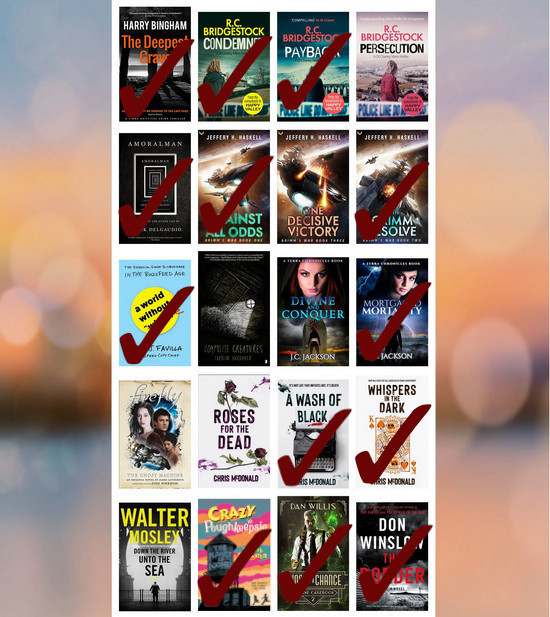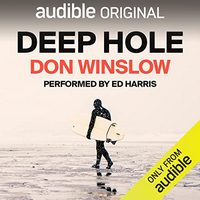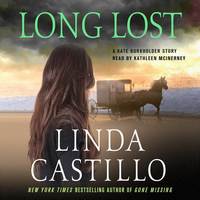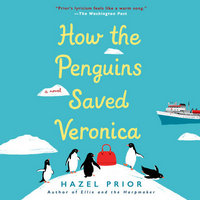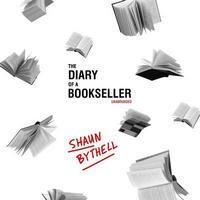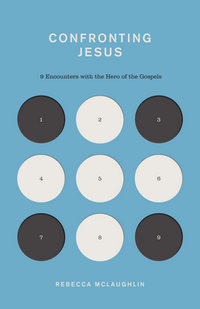 Confronting Jesus:
Confronting Jesus:
9 Encounters with
the Hero of the Gospels
DETAILS: Publisher: Crossway Publication Date: September 20, 2022 Format: eARC Length: 208 pg. Read Date: August 21-28, 2022

What’s Confronting Jesus About?
Most people have a lot of preconceptions about Jesus, a lot of people have read and/or heard things about Him and the Scriptures that tell about him. But not as many have actually read those Scriptures, particularly the Gospels.
Rebecca McLaughlin tries to clear away some of the cultural debris that has piled up between non-Christians and the Gospels and the subject of the Gospels. For example, as she points out, given Christianity’s impact in shaping Western Civilization, it’s difficult to think of Jesus as non-Western.
The goal of the book is to help the reader (particularly those with little-to-know-exposure to Christianity) begin to see the Gospels for what they really are, not the readers’ preconceptions of them. And the Jesus revealed in the Gospels as the Gospels want to portray him, not what the reader may already think.
It’s a high and lofty goal—possibly too lofty for 200 pages. But this isn’t intended as a definitive work, more like an invitation for the reader to do their own work.
A Menagerie of References
A lot of writers (and preachers, truth be told) will introduce a subject or thought by grounding their introduction in some sort of shared knowledge. Sometimes it’ll be an experience (first day of school), a person everyone knows (George Washington), a current event, or some sort of cultural reference (literature, music, film/TV, etc.). McLaughlin almost always goes for the latter. And, for the overwhelming majority of the time, it’s a very contemporary reference.
She starts off by invoking the musical Hamilton, and does so in-depth—it wasn’t long at all before I made a note, “can we be done with Hamilton now?” The answer was no—she came back to Miranda’s hit time and time again. Thankfully my worries about this being a book about Jesus, the gospels, and a hip-hop musical about a Founding Father quickly evaporated and she moved on to other cultural touchpoints—Harry Potter, Doctor Who, The Princess Bride, Gladiator, The Picture of Dorian Gray, The Lord of the Rings, Jane Austen, A Tale of Two Cities, and more. It’s an interesting mix of pop-culture and more high-brow references.
I’m spending more time on this than I initially intended, but I kept bumping on this tendency of hers, and I ended up spending as much time thinking about it as I did her arguments. Now, I don’t think most readers will do that—but most readers aren’t considering the delivery of the content as they are the content. So I don’t think most readers will be distracted by this as I am.
Still, the volume of pop culture references strikes me as a dangerous strategy (as comfortable and relatable as it might be). It can trivialize the subject matter. It can possibly cause offense (how many people really want to relate to J.K. Rowling right now? A different crowd than those who didn’t want anything to do with her in the 90s, to be sure).
Lastly, it reduces the shelf-life of the book tremendously. Wilde, Dickens, and Austen are references that will stand (and have stood) the test of time—but will The Hunger Games and Ted Lasso? Maybe. But Maybe not. McLaughlin’s arguments and insights may be worth reading in ten years, but will the book as a whole? Or will what makes it most approachable today make it stale and off-putting within a presidential election cycle or two.
(that took a lot more time to express and explain my concerns than I thought it would—this is not a significant detriment to the effectiveness of the book, but it is one)
The Tone
McLaughlin has an approachable, almost breezy style. I started this book while taking a break from a more scholarly book, and the early chapters had some overlap with the other book I was reading. And I suffered a little mental whiplash. I got over it the more of the book that I read (especially as it diverted into different territory from the other), but it almost seemed too shallow. A lot of readers might think that, too. If you persevere, however you’ll see that’s not that case.
McLaughlin comes across as open, honest, and earnest—the kind of person you’d enjoy chatting with—and her grounding things in events with her life or a movie you’ve both seen (or that she’s told you enough about that you want to see it), makes the material something you connect with.
So, what did I think about Confronting Jesus?
I enjoyed the book. I was charmed by McLaughlin’s style and found her arguments compelling—not convincing. But, as I said, I’m not sure she was trying to convince her readers—I think she was set on moving them to do more research, more reading, and to deal with more convincing ideas and arguments. This was an introduction to Jesus, hopefully lowering perceived barriers to him—and a challenge to deal honestly with Him and His claims rather than preconceptions and reputations about Him (and His followers).
That said, I’m predisposed to agree with her. We’re on the same team, and don’t have the same barriers that the non-Christian will have. So I can’t ultimately say how well the book works. Do I think that several of my friends would benefit from it? Sure. But that’s just a guess/hope. The ultimate sign of the quality and effectiveness of this book is going to come from the non-Christian reader.
Also, this book does make me curious about McLaughlin’s other work—and I anticipate grabbing at least one of her earlier books soon.
Disclaimer: I received this eARC from Crossway via NetGalley in exchange for this post—thanks to both for this opportunity.

This post contains an affiliate link. If you purchase from it, I will get a small commission at no additional cost to you. As always, the opinions expressed are my own.
![]()




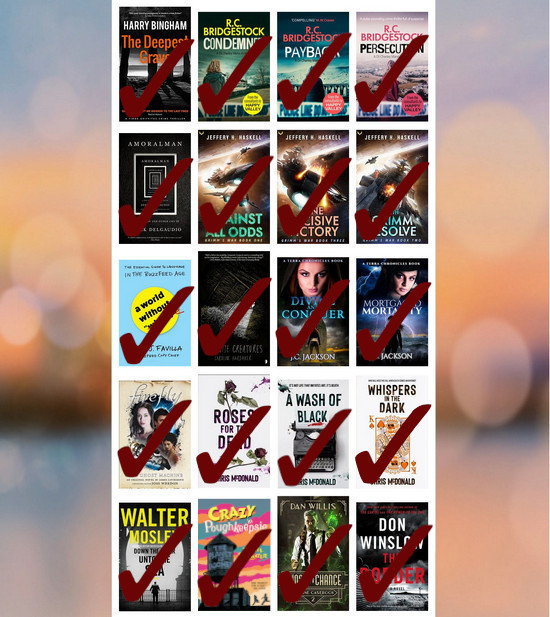
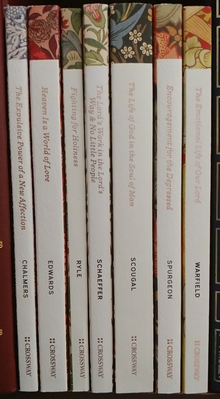
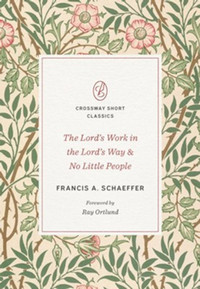

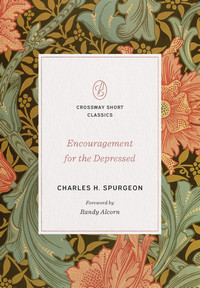


 This was a hard post to come up with a name for‡, essentially this post came from
This was a hard post to come up with a name for‡, essentially this post came from 
